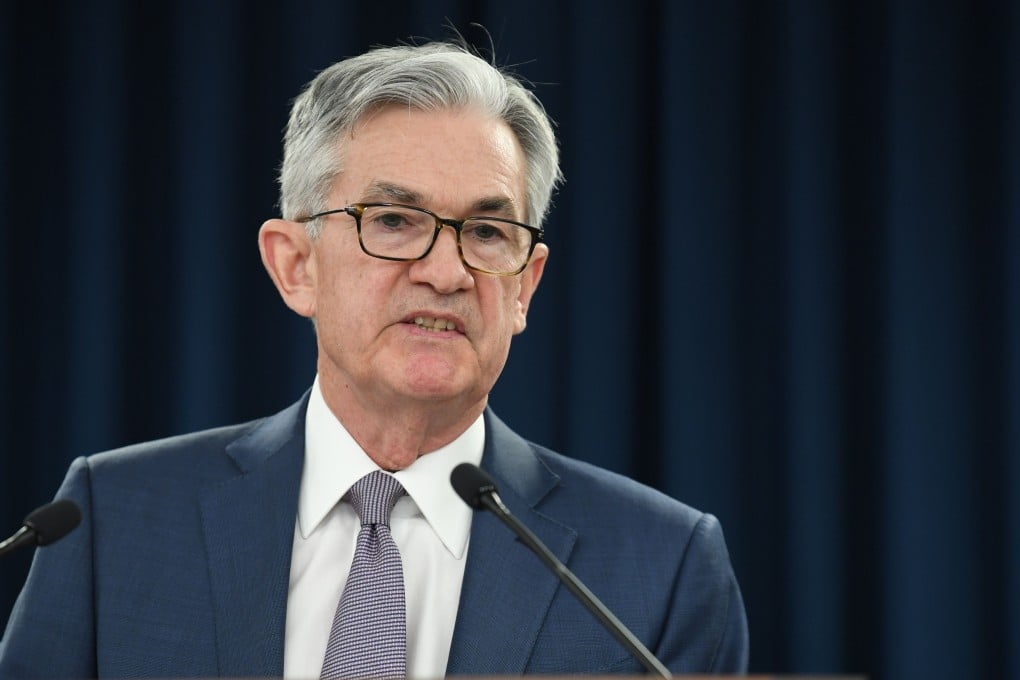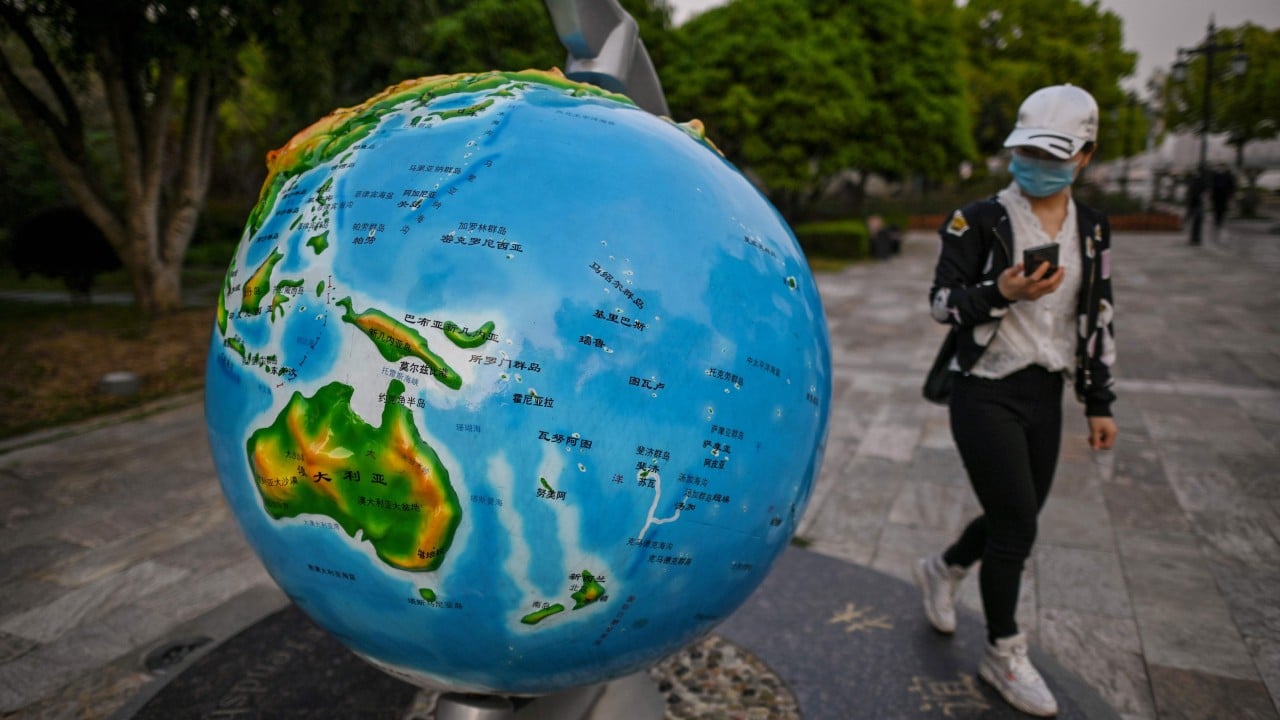Macroscope | US Federal Reserve’s coronavirus recovery plan is ‘America first’, like it or not
- The Fed will be guided solely by US domestic considerations as it charts a course for economic recovery. If that upsets other countries, so be it
- If sustained ultra-accommodative monetary policy results in a falling US dollar, that’s a price the central bank is willing to tolerate

“We at the Fed need to keep our foot on the gas until we’re really sure that we’re through this, and that’s our intention,” Federal Reserve chairman Jerome Powell told Congress last week, alluding to the US central bank’s efforts to address the economic impact of the Covid-19 pandemic.
No one should be under any misconception as to what this means. The Federal Reserve will be guided solely by US domestic considerations. If that results in material US dollar depreciation which upsets other countries, so be it. Foreign sensitivities do not affect Fed policymaking.
Guo Shuqing, chairman of the China Banking and Insurance Regulatory Commission, told a finance forum in Shanghai last week that “major economies should actively consider the external impact of their own policies in a highly-integrated global economy”.

04:58
Can globalisation survive coronavirus or will the pandemic kill it?
While the global financial crisis had its origins in the US, an initial flight to safety favoured the US dollar before it sold off over time as markets searched for higher yields in the face of the Fed’s continuing monetary largesse. By September 2010, Brazil’s then finance minister Guido Mantega was arguing that an “international currency war” had begun. “The advanced countries are seeking to devalue their currencies,” he said as the Brazilian real soared versus the US dollar.
